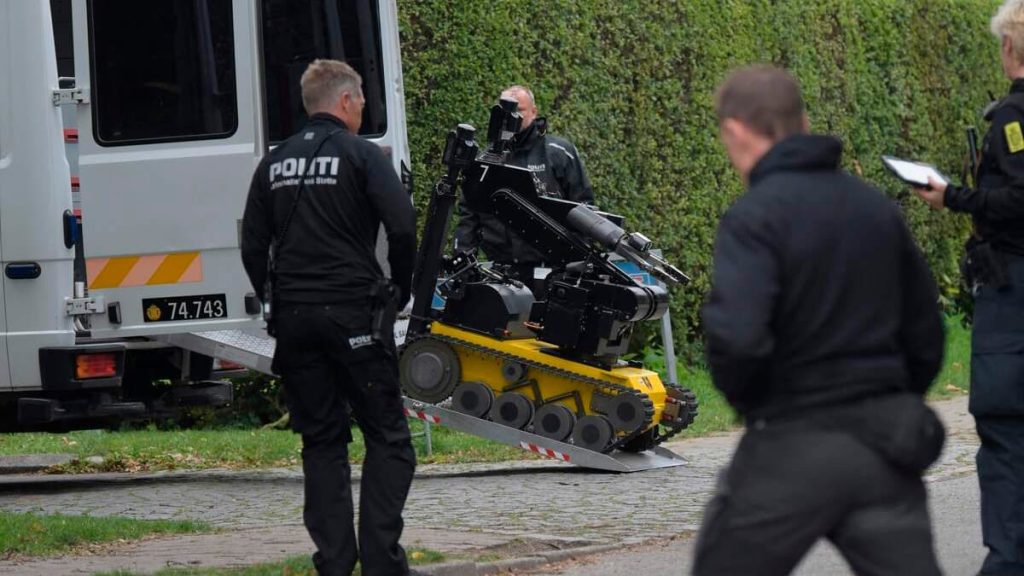
The United States argued at a UN meeting on Thursday in favor of developing a “non-binding code of conduct” on lethal autonomous weapons systems (SALAs) known as “killer robots”.
“In our opinion, the best way to move forward in our thinking (…) is to develop a non-binding code of conduct,” said Josh Dorosin, a U.S. State Department legal adviser.
“Such a code would help states foster responsible behavior and respect for international law,” he told a panel of government experts on the lethal Autonomous Weapons Systems in Geneva.
The first formal meeting of this group of experts took place in 2017, before the end of its mandate, without reaching a consensus on whether the future use of these weapons should be regulated.
However, in view of the United Nations Convention (CCAC) review meeting on the use of certain conventional weapons, the panel of experts is expected to issue recommendations at the end of its final meeting (2-8 December). It will take place in Geneva from December 13 to 17.
To this end, the Belgian Ambassador Mark Pestein, who chaired the panel of government experts, drafted a report recommending that the parties to the meeting negotiate to meet international standards on these weapons.
The report also recommends that states commit to enforcing “adequate human control” by establishing security measures.
Listen to Vincent Desurolt’s column on Genevieve Petersen microphone on QUB Radio:
During Thursday’s talks, several countries, including the United States and India, expressed their reluctance to adhere to the legal framework they were committed to and criticized many aspects of the report.
“Moral Rebellion”
In November 2018, UN Secretary-General Antonio Guterres called on states to ban these weapons, describing them as “politically unacceptable and morally rebellious.”
Since 2015, the International Committee of the Red Cross (ICRC) has asked states to agree on the restrictions on autonomous weapons systems “for the protection of civilians, international humanitarian law and respect for the morality of these systems.”
The body, the custodian of international humanitarian law, upholds the principle of legally binding rules prohibiting autonomous weapons systems that target unpredictable or targeted individuals.
For NGOs, growing concerns and legal uncertainty show the urgent need for binding regulations.
“A minority of states are currently blocking efforts to start negotiations. If these talks fail, it’s time for states to look at other avenues for credible progress, ”Clar Conboy, of the World Stop Killer Robots campaign of more than 180 NGOs, told AFP.
According to the HRW, progress towards negotiations is unlikely to come within the framework of the UN Convention on the Use of Some Conventional Weapons, as the agency makes its decisions unanimously and “we know the opposition, especially from many military powers. India, Russia and the United States.”
“The independent process of negotiating with the new killer robot standard is more efficient and inclusive than ongoing diplomatic negotiations,” said Bonnie Docherty, a senior researcher in the weapons division at HRW.





More Stories
Allegations of corruption Qatar warns of ‘negative impact’ of European measures
USA: Famous “Hollywood cat” euthanized in Los Angeles
The campaigner who called for the shooting of Ukrainian children has not been charged